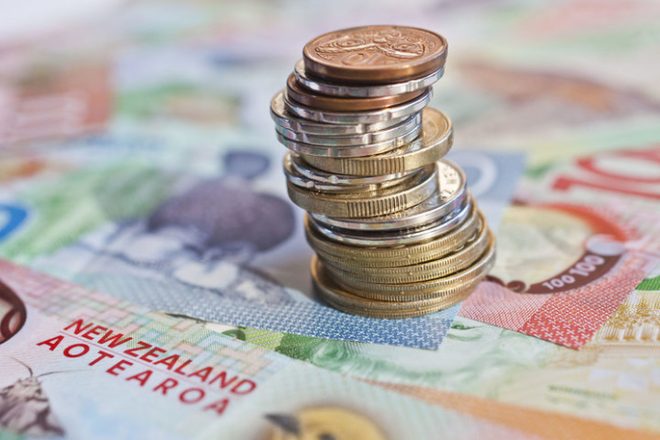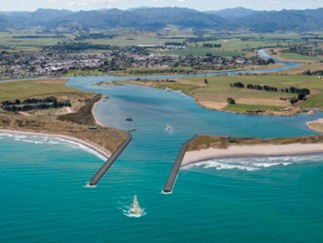In the three months ending September, New Zealand saw a consumer price increase of 1.8%, which was less than predicted. This brings the annual inflation rate down to 5.6%, marking a two-year low.
A major factor in this rise is the petrol prices surge, mainly due to the return of the 25 cents per litre tax relief. This was confirmed by Nicola Growden, the senior manager of prices at Stats NZ. Moreover, food staples like bread, cereals, eggs, and milk also contributed to the inflation.
Growden added that although there was an increase in prices for some fruits and vegetables, seasonally adjusted figures indicated a price drop for others.
Major banks had anticipated a rise between 1.9% to 2.2% in consumer prices. With the actual figure being 1.8%, it came as a surprise. Growden hints that more prices might begin to fall in the future.
Kiwibank’s chief economist, Jarrod Kerr, emphasised the deceleration in the annual rate, stating that the core inflation measures are around the 5% mark. This might discourage a rate hike in November and possibly even lead to a rate cut by May of next year.
However, ANZ Bank experts believe that local inflationary pressures are still a concern and have shifted their forecast for an increase in rates to next February. Financial experts suggest the Reserve Bank might keep the Official Cash Rate high for a prolonged period.
The previous quarter’s data had shown a drop in the annual inflation rate from 6.7% to 6%.






























































